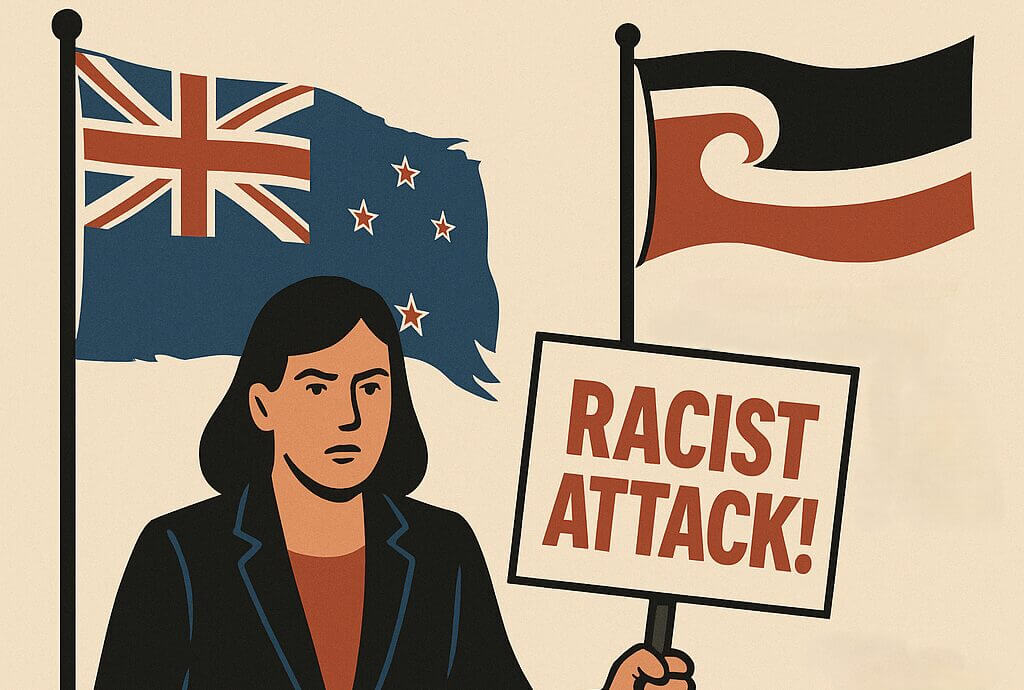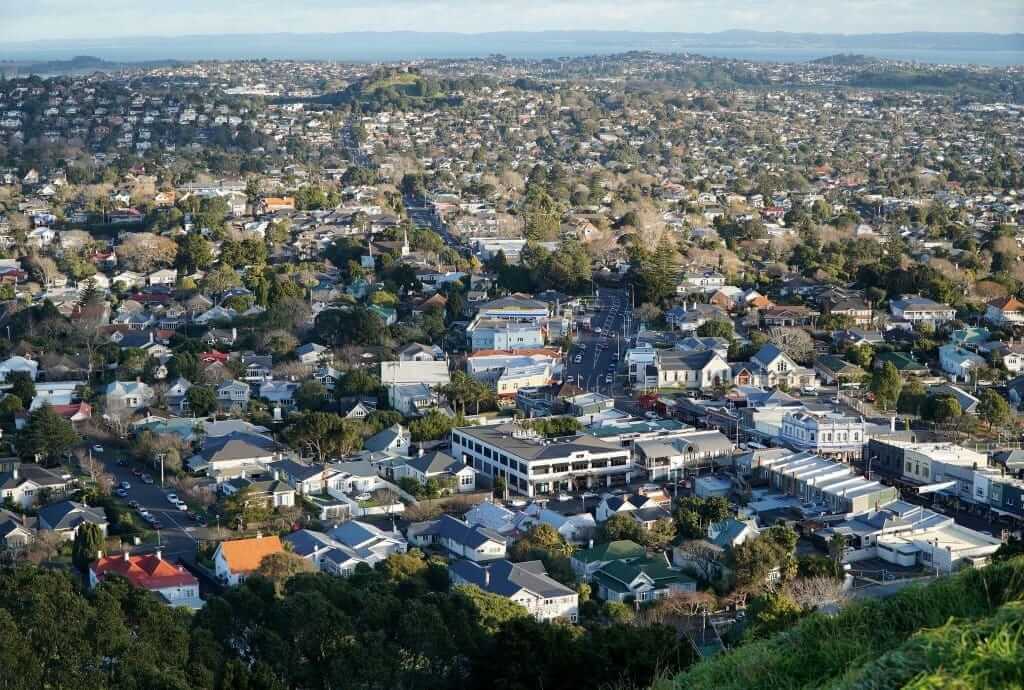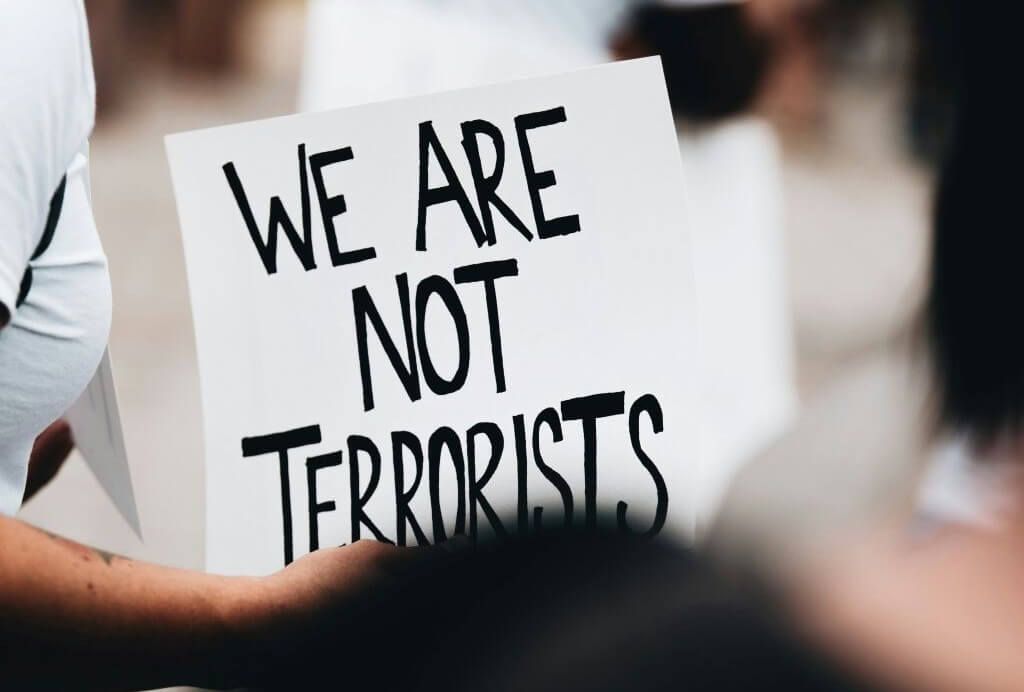In brief
- Health NZ (Te Whatu Ora) has recently started using the “Equity Adjustor Score” for patients waiting for elective surgery.
- Māori or Pasifika ethnicity is one of five factors that move you up the list.
- Proponents say this addresses “institutional racism”.
- Something as simple as more missed appointments is enough to “prove” racism.
Māori and Pasifika get special treatment
Earlier this year, Health NZ introduced their “Equity Adjustor Score”. It is a tool used to prioritise people waiting for elective surgeries in New Zealand.

The tool ranks people based on ethnicity, clinical priority, time spent on the waitlist, geographic location and deprivation level.
Ethnic considerations put Māori and Pasifika at the top of the list.
This process was trialled by a few District Health Boards (DHBs) during COVID health system disruptions. The Labour Party is proposing to roll it out nationwide.
Institutional racism defined as different health outcomes for favoured racial groups
Institutional racism is not medical staff treating some ethnicities worse than others, as people might assume. The NZ Medical Association (NZMA) journal says: “The fact that there are large and enduring differences between Māori and non-Māori in most health outcomes is evidence of the fact that institutional racism occurs in New Zealand”.
According to those in favour of using tools like these to counter “institutional racism”, it’s often enough to look backwards from the outcomes. Then, if those outcomes are worse for a chosen race, say racism must be to blame.
Neither cultural differences between groups, nor personal responsibility is considered the culprit as to why outcomes may differ.
But even if some sort of direct preferential treatment has been deliberately provided to everyone who is not Māori or Pasifika, which seems hard to believe and would need clear proof, surely that only warrants levelling the playing field and not tipping it the other way.
Also, doesn’t this reasoning only favour certain groups? Or are Europeans to be placed ahead of Asians, since Asians tend to have better health outcomes?
According to former chair of the Auckland DHB, Pat Sneddon, one of the greatest inequities in the system is the persistently high number of failures to keep medical appointments by Māori and Pasifika patients.
The failures are chalked up to reasons like inability to find childcare or afford transportation. Those able to plan around such challenges, regardless of who they are, then don’t experience so-called “institutional racism”.
Are we replacing one form of discrimination with another?
The Equity Adjustor Score has received a lot of attention. There has been much public and political outcry against this policy. National’s health spokesperson, Dr Shane Reti, has called the policy ‘offensive’. Prime Minister Hipkins, himself a former Health Minister, tried to justify the tool’s use by saying “There is evidence that Maori and Pacific patients, rural people, and people from low-income families have been waiting longer in that two year plus waitlist category. That isn’t acceptable and the health system should do something about that.”
But according to NewstalkZB, the copy of the Equity Adjustor Score list leaked to them shows nobody has been waiting more than two years for elective surgeries.
Hipkins has asked Health Minister Ayesha Verrall to take a look at it to make sure “there is a reassurance that we are not replacing one form of discrimination with another.”
The rollout has been put on pause, but the question is how could they possibly keep this in place without this being seen as discrimination by many.
The Health NZ Equity Adjustor Score tool doesn’t appear to be available for public viewing.



















